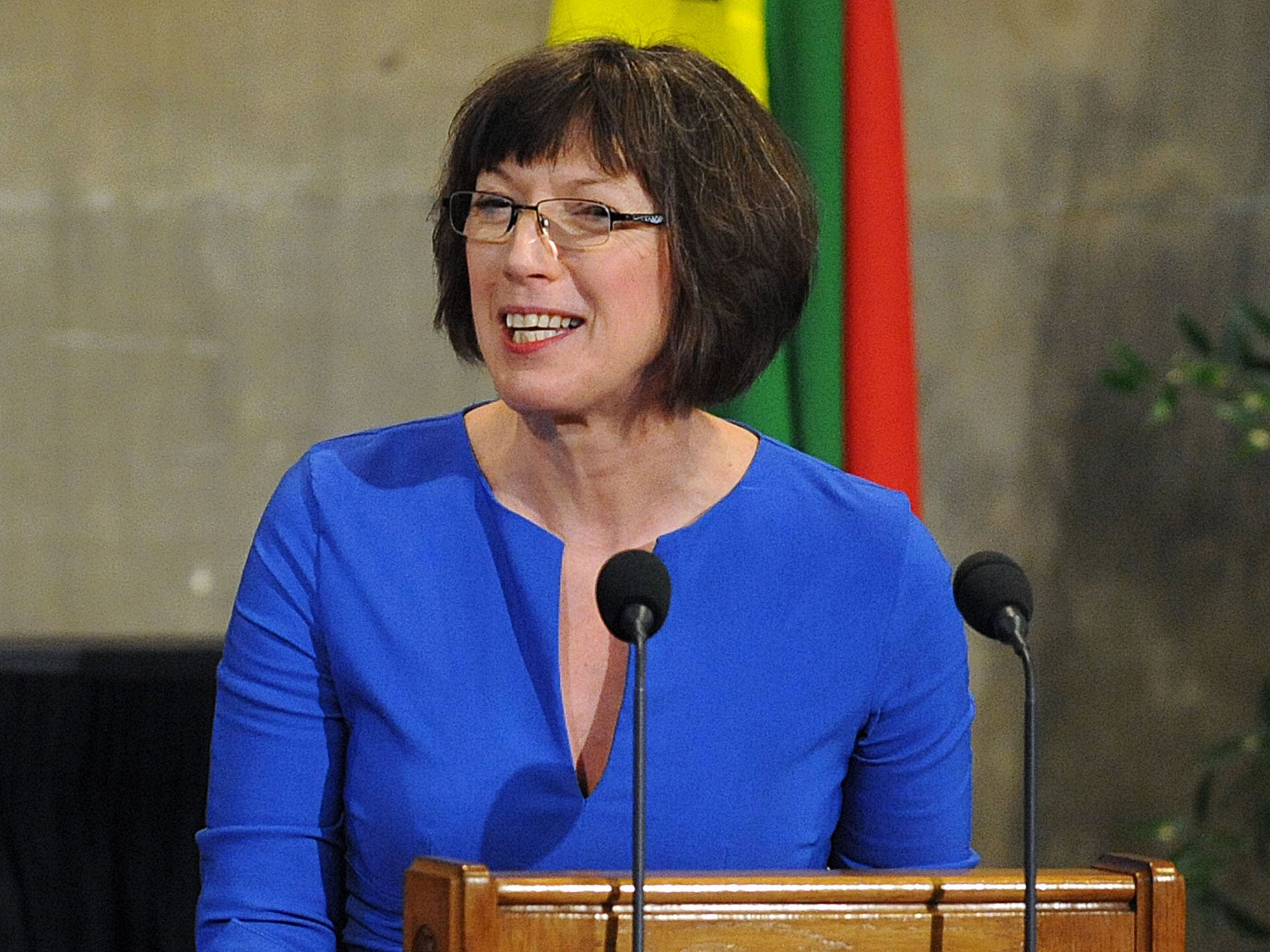Bank of England urged to resolve jobs ‘crisis’ before raising rates by TUC
Half a million fewer people were unemployed in the first three months of 2008 than in January-March 2014

The TUC will today seek to send a shot across the bows of hawks on the Bank of England’s Monetary Policy Committee by warning that unemployment is still too high to contemplate a rise in interest rates.
With the latest set of jobs data this week expected to show another fall in unemployment to 6.5 per cent from 6.6 per cent, the TUC will argue that it is still far higher today than before the recession, in every region of the UK.
The jobless rate stood at 5.2 per cent in the first three months of 2008 and the TUC will point to an analysis it has conducted of official figures showing that half a million fewer people were unemployed then than in January-March 2014.
It will also say that the biggest unemployment gap by age group is among young people, a group that has disproportionately suffered as a result of the recession and the Government’s austerity policy that has been designed to bring the country’s budget deficit under control. The number of unemployed 16-24 year olds is 167,000 higher than it was six years ago.
The Bank of England’s Monetary Policy Committee’s hardening stance towards rates has been the subject of fierce debate in recent months. Many economists now predict that interest rates will have to rise from their historic low of 0.5 per cent soon as the economy continues to recover.
However, inflation, and particularly wage inflation, remain low affording the Bank of England more flexibility than it might otherwise have.
TUC General Secretary Frances O’Grady said: “These figures should serve as a reality check for those who think the jobs crisis is over and that it’s time to start raising interest rates.
“City bigwigs may obsess about higher interest rates but the most pressing issue for millions of people is still how to find work. Ministers must remain focused on tackling the jobs crisis that still affects huge swathes of the country.”
But Investec economist Philip Shaw said the debate over interest rates could not simply stand or fall on unemployment. “Joblessness is declining quickly and many on the MPC might argue that if rates stay too low for too long labour shortages will appear and threaten higher inflation. Moreover by making an early move the committee would be better able to sit back every so often to make sure that it wasn’t raising rates too quickly.”
Fear factor: firms expect 2014 rates rise
Business confidence has been hit around the world by fears that some central banks are preparing to put up interest rates, according to a new survey. Markit’s Global Business Outlook Survey in June pointed to a net balance of companies expecting a rise in business activity levels over the coming year of +39, down from the +40 reading from the last survey in February. Chris Williamson of Markit said the prospect of tighter monetary policy in the US and Britain was seen as a threat by firms surveyed.
Ben Chu
Subscribe to Independent Premium to bookmark this article
Want to bookmark your favourite articles and stories to read or reference later? Start your Independent Premium subscription today.

Join our commenting forum
Join thought-provoking conversations, follow other Independent readers and see their replies